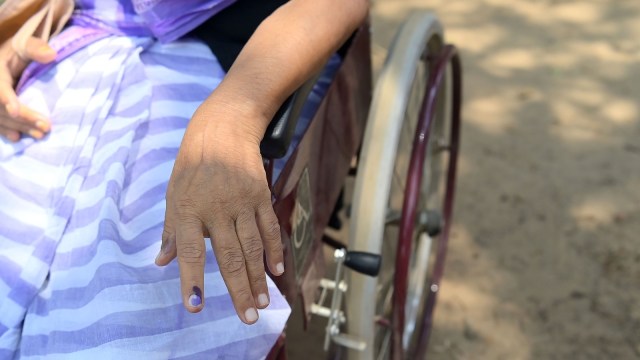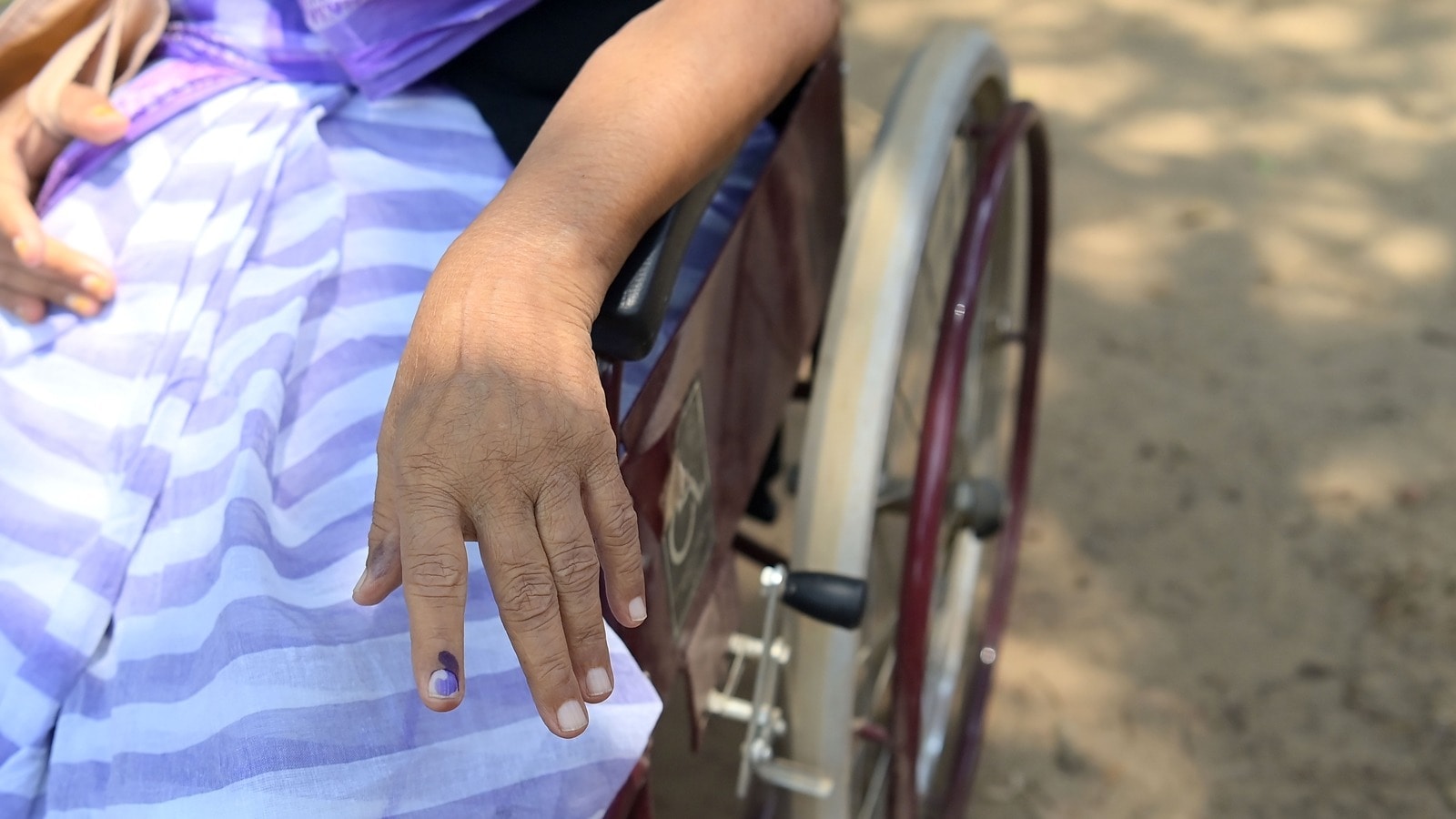
Dec 9, 2024 20:16 IST First published on: Dec 9, 2024 at 18:36 IST
Prime Minister Narendra Modi’s blog post on International Day for Persons with Disabilities came as a gesture of love and care for disabled people in India. It initiated a much-needed dialogue on our disabled lived experience, its place in our constitutional polity, and the trajectory of the disability discourse in India. Democracy demands dialogue, a conversation, and room for disagreement. Therefore, we thought we must engage with the PM’s blog post in true democratic spirit. In doing so, while we take the PM’s gesture with humility, we would like to put forward our agreements and disagreements with it.
The Prime Minister emphasised that respect for “divyangjan” is rooted in our cultural ethos, citing the Ramayana to highlight teachings on respecting individual potential. While using religious texts in a deeply religious society may resonate, such deployments can be problematic, as these texts have historically marginalised disabled individuals, Dalits, women, and other oppressed groups. For instance, Dhritarashtra in the Mahabharata is denied the throne due to blindness, while Eklavya and Shambuk’s stories reflect the denial of humanity and agency to Dalits.
Bringing out the problematic aspect of deploying religious texts and images for empowerment is profoundly important to situate the contemporary disability discourse in the language of rights and human dignity. From our disabled vantage, we believe that our dignity can be ensured only in a democratic framework. We urge the Prime Minister to reconsider the term “divyang”, which lacks democratic legitimacy due to insufficient stakeholder consultation. We strongly disagree with the PM’s claim that the term ensures dignity and recognition for disabled individuals. The recently released Handbook Concerning Persons with Disabilities by the Supreme Court urges judges to avoid outdated derogatory terms as well as language that “patronises or puts persons with disabilities on a pedestal.”
Though the Handbook itself did not problematise the term “divyang”, it clearly indicates that such semantics do not represent disabled experiences. The United Nations’ Committee on the Rights of Persons with Disabilities clearly stated that “divyangjan” is derogatory terminology. Our disagreement is similar to B R Ambedkar’s rejection of the term “harijan”, which was coined by Mahatma Gandhi for the oppressed classes. Baba Saheb preferred “Dalits” or “suppressed classes” as a mark of assertion of agency and also as the authentic representation of the lived realities of oppressed classes in the caste hierarchy. Similarly, when the US elected its first African-American President, one of the major actions he took was removing the derogatory term “n***o” from the Constitution. When labelling a community, you need to consult the community itself. Across the globe, the disabled community, too, is reclaiming the term “crip” as an assertion of agency and dignity. We seek no divinity. We simply seek our dignified place in humanity.
The government’s proactive measures for ensuring accessibility are laudable. However, suggesting that previous governments have done nothing for the disabled community is not correct. The legislative history of The Rights of Persons with Disabilities Act 2016 suggests otherwise. Historically, the medical model of disability has dominated the policy discourse on disability at the global level. The Convention on the Rights of Persons with Disabilities came in 2006, and India ratified it in 2007. This ratification triggered the process that culminated in the RPwD Act, 2016. The Sudha Kaul Committee Report was a step in the right direction. The disabled community still remembers Sitaram Yechury’s powerful speech in Rajya Sabha on the RPwD Act, 2016, as an important intervention.
The Supreme Court recently held in the Rajive Raturi v Union of India case that rules framed under the RPwD Act have the absence of compulsory guidelines for ensuring accessibility, which goes against the spirit of the Act. We would also like to highlight the government’s knee-jerk reaction after the Puja Khedkar episode. Several disability activists and organisations have raised their objections against these amended rules. Yet, the effort did not yield results. Amendment of Rules for issuing UDID under the Act makes every disabled body a suspect.
most read
The Prime Minister’s celebration of determination and zeal and our Paralympic athletes is encouraging, but it also has its pitfalls. Celebrating our zeal and determination does not challenge the “compulsory able-bodyism” of our inaccessible system and policies. In the able-bodied paradigm, the “normal” people and their worldview remain the norm, and the disabled are expected to meet that expectation. This normative expectation makes our citizenship conditional, tentative, and precarious for our “anomalous embodiment”. Our Paralympic athletes have brought laurels to the country. They deserve celebration. But we have witnessed that disabled political dissenters such as G N Saibaba and Father Stan Swamy suffered the worst form of state repression. The state celebrated a segment of the disabled community when bodies of disabled dissenters became the site of extreme state repression. Such discourse on disability based on “crip nationalism” does not serve the cause of disability justice. It merely valourises a few “privileged disabled” while ignoring the conditions of mass debilitations around us.
We hope that our concerns will reach the Prime Minister and will have an impact on our current national disability discourse.
Tiwari is an Assistant Professor (Law) at the West Bengal National University of Juridical Sciences, Kolkata. Singh is Director-Professor, University College of Medical Sciences, Delhi.


